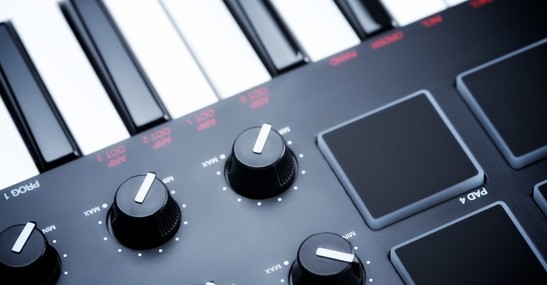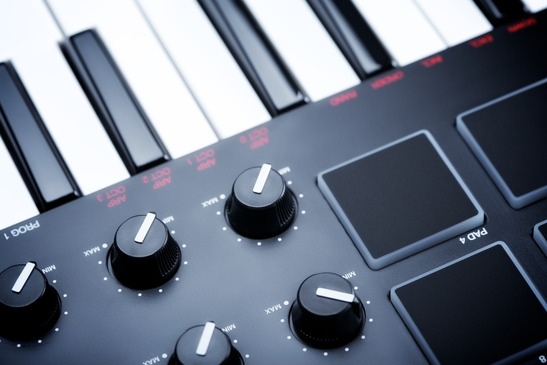Industries have moved into technology at lightning speed. Most photographers can’t imagine shooting film. Most writers would never think of pulling out a typewriter to create their next manuscript.
For pianists, many have moved away from traditional acoustic pianos and have found advancement using digital.
Traditional acoustic pianos sometimes come with certain limitations and challenges. Digital pianos have revolutionized the way people learn and play with many advanced features. Is it right for you?
Portability and Space
Digital pianos offer the convenience of portability. They come in all sizes – from keyboards you can stow away to grand pianos improved with digital functionality. Yet for many, they equate digital with portability. If that’s you, you’ll love what a digital piano can do for you.
Unlike their acoustic counterparts, many digital pianos are lightweight and compact, making them easy to move and store. This feature allows learners to practice anywhere, whether in a bedroom, living room, or even while traveling. The ability to take your music with you opens up endless possibilities for consistent practice and learning, which is crucial for progress.
Built-in Learning Features
Think a piano is a piano? With acoustic, they tended to look alike even if their voice could be drastically different. But digital has something acoustic pianos will never have – technology.
Digital pianos are equipped with advanced technology and built-in learning features that enhance the learning process. These can include metronomes, recording capabilities, interactive tutorials, and even pre-loaded songs. With these features, digital pianos act as virtual teachers, offering guidance and feedback to learners of all levels.
Headphone Connectivity
For busy households, practice can be a challenge. Digital pianos solve this problem with headphone connectivity. Learners can practice without disturbing others by simply plugging in a pair of headphones. This feature allows for more flexibility in terms of practice times and provides a comfortable and focused learning environment. Students can fully immerse themselves in their practice sessions, concentrating on every note without distractions.
Versatility and Sound Options
Digital pianos offer a wide range of sound options that cater to different musical preferences. Apart from the standard piano sound, they can mimic other instruments, such as electric pianos, organs, strings, and even synthesizers. This versatility opens up new possibilities for creativity and exploration.
Learners can experiment with different sounds, styles, and genres, expanding their musical horizons. Additionally, digital pianos often have the option to adjust the volume, allowing for late-night practice sessions or accommodating those who prefer softer or louder playing.
Integration with Technology
Technology plays a significant role in almost every aspect of our lives in the digital age. Learning the piano is no exception.
Digital pianos can be connected to computers, tablets, or smartphones, enabling learners to access a wealth of online resources, tutorials, and interactive apps. These digital platforms offer sheet music, exercises, and even virtual lessons with professional pianists worldwide. Such integration with technology makes learning the piano more engaging, interactive, and personalized.
Is a digital piano right for you?
Digital pianos have truly revolutionized how people learn to play this timeless instrument. Whether you’re a beginner starting your musical journey or an experienced player looking to expand your skills, digital pianos provide a world of opportunities.
Can we help you find the right piano for you?



 But with the technological advances we’ve made over the past few decades, the piano has made rapid advances as well. Digital pianos and portable keyboards have made their way into the piano family. These new innovations may seem the same but they are in fact very different. So what are the differences between portable keyboards and digital pianos? It all comes to their size, their features, and how much they cost.
But with the technological advances we’ve made over the past few decades, the piano has made rapid advances as well. Digital pianos and portable keyboards have made their way into the piano family. These new innovations may seem the same but they are in fact very different. So what are the differences between portable keyboards and digital pianos? It all comes to their size, their features, and how much they cost.
